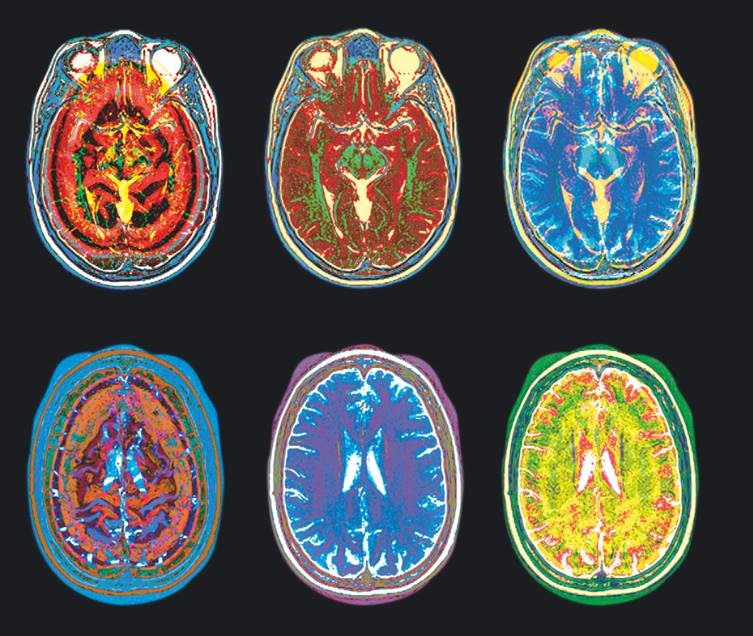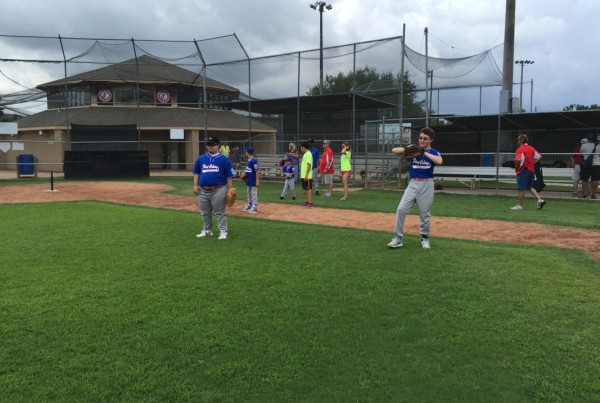College students are stocking up on the required books, figuring out where their classes are — and some are also doing a little brain training.
Brain training is a growing business. Lumosity is one well-known company. There’s also companies like Happy Neuron and Cogmed and Neuronix.
Texas Tech first year law students are working on a program with the Center for BrainHealth at UT-Dallas. Law School Dean Darby Dickerson explains.
On the skepticism surrounding brain training:
“I’ve heard some of the concerns — especially that it only helps you improve at the small task at issue, like learning how to play a single game better. I was very impressed when I met with the Brain Performance Institute because they actually have about three decades of neuroscience backing them up and one of the most impressive things were some brain scans that they had of people before and after training and the results of those. I actually went into this skeptical. I didn’t know what to think when an alumnus invited me to meet with the brain folks but I’ve come away a believer and I’m actually going to be doing their executive training starting in a couple of weeks.”
On how they’ll measure success:
“The clinicians have done a pre-test and they will be coming back. They’ve already done the training with our students… the students had three hours of training. The clinicians will come back in about 30 days for another set of training and do a post-test where we will be able to get some information about increased performance so we will look at that test, we’ll also do focus groups with the students because we know not everyone is going to adopt the strategies that were suggested to them but we want to be able to see who adopts them and how they perform vis-a-vis others and the entry credentials that they had coming in.”
On examples of the techniques:
“One technique is called ‘the power of two.’ At the beginning of each day, set forth the two most important things you must accomplish that day — even though you probably have to do dozens and dozens of things — focus on those first two, keep that as your strategy. Another thing is ‘the power of one’ — focusing on doing just one thing at a time. They put a word problem, a math problem up on the board and asked us to solve that while listening to a podcast and said they would also test us on the content of the podcast — and no one in the room could do both and most of us got both of them wrong altogether. And that really shows the power that when you’re reading a case for class, you need to focus on that — not try to watch the news and listen to your iPhone or talk to a friend — because it really diminishes what your brain can do for you.”















